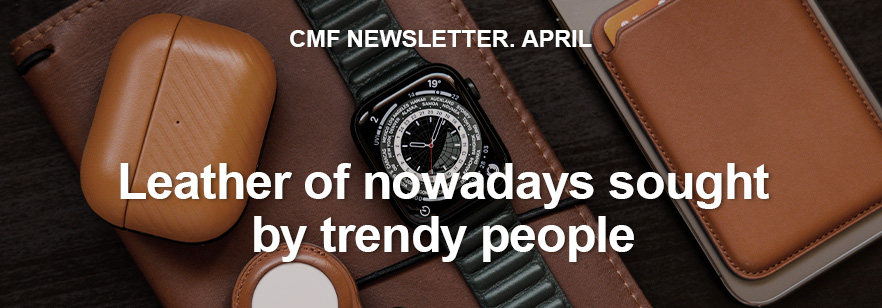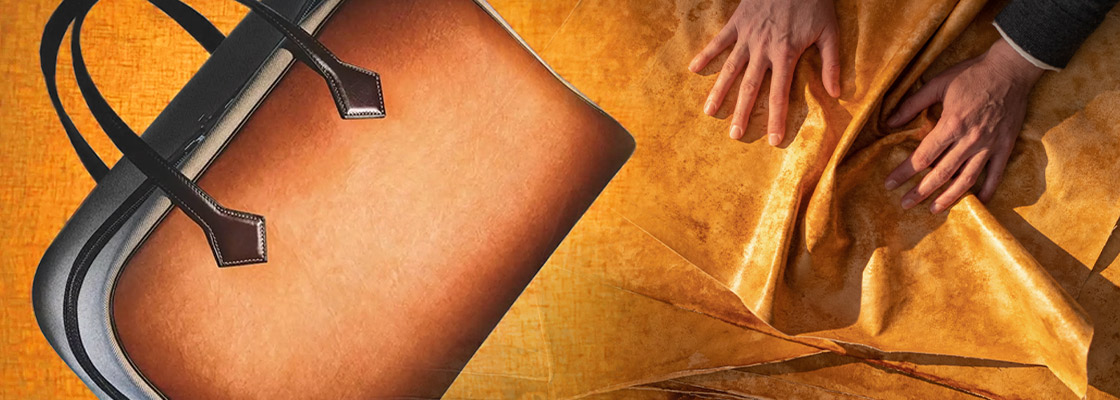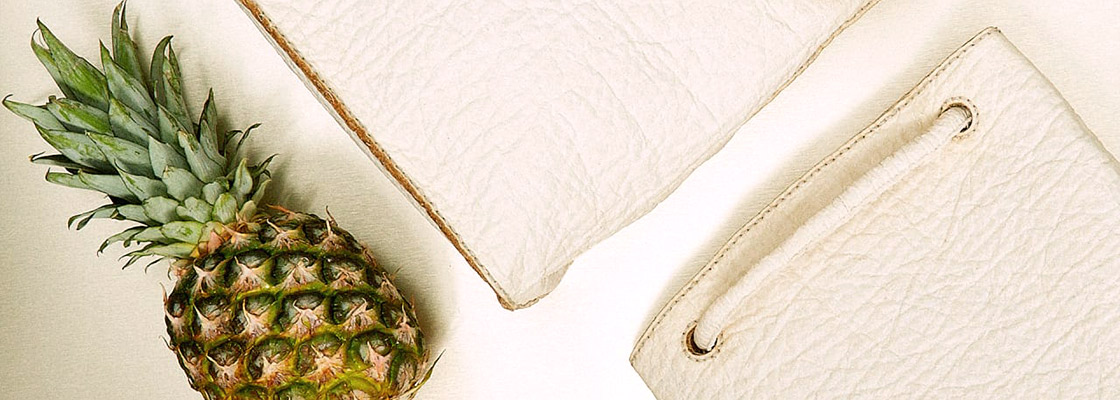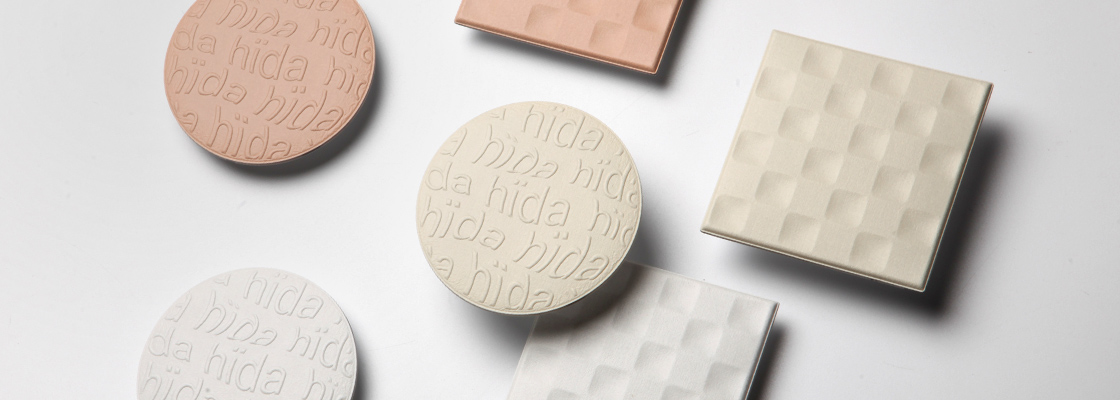-

With the spread of consumption pursuing sustainability throughout the world, the vegan wave of using plant materials instead of animal ones is sweeping over various areas with the fashion industry in the lead. In particular, compared to natural leather that has largely been used by fashion and automotive brands as a leading luxurious material, vegan leather attracts the attention of consumers because it not only creates a similar texture to real leather, but also contributes to environmental protection. The April Newsletter introduces the cases of 'vegan leather', the trendiest leather that 'people of nowadays' are passionate about.
Mushroom Leather Bag, Hermès

The French luxury brand 'Hermès' unveiled 'Victoria Bag' in collaboration with 'MycoWorks', an eco-friendly startup. This bag has used 'Sylvania', the mushroom leather for which the company signed an exclusive 3-year contract with MycoWorks, and its soft feel like suede and vintage color catch your eyes. The main feature of mushroom leather is that it can be collected unlimitedly by using mycelium, the fiber found in mushroom roots, and has fewer emissions causing global warming, such as carbon dioxide, during the production despite its very similar form to animal leather.
Wine Leather, Vegea

'Vegea', the Italian vegan leather company, has developed wine leather by gathering impurities such as grape skins, seeds, and stems left from producing wine or grape-seed oil and farming. According to Vegea, 26 billion liters of wine are processed each year, resulting in 7 billion kilograms of grape dregs abandoned. Therefore, about 3 billion square meters of wine leather can be annually produced using them. This material is currently used in the automotive brand Bentley and the fashion brands H&M and Pangaia.
Pineapple Leather, Pinatex

'Ananas Anam', the UK plant-based startup, has developed pineapple leather called 'Pinatex' by gathering leaves and stems thrown away after harvesting pineapples. This leather is characterized by its lighter weight and softer texture than animal leather, as well as superior breathability. This material has also been certified as a vegan fashion label by PETA, an animal protection group, and is now used by a range of global fashion brands, including Nike, Paul Smith, Hugo Boss, H&M, and Camper.
Paper & Apple Leather, Intops

'Intops' has developed hanji (Korean traditional paper) leather and apple leather. Hanji leather is eco-friendly by using paper, instead of polyurethan used for artificial leather, and applying plant materials such as cotton to its lining. In addition, it can be combined with waterproof and stain-resistant functions, and thus it is safe and can be dyed with various colors. Apple leather contains up to 45% of apple wastes, such as skins and seeds, and has created a similar appearance and texture to artificial leather. It also features an outstanding formability in terms of pattern and shape.

 Save
Save

